In a decisive ruling on Friday, the Supreme Court dismissed a lawsuit brought by 19 states against the Attorney-General of the Federation (AGF), challenging the constitutionality of the laws establishing the Economic and Financial Crimes Commission (EFCC) and two other anti-corruption agencies. The verdict solidifies the legal framework governing Nigeria’s fight against corruption and resolves significant questions about legislative authority in the country.
The plaintiffs argued that the EFCC Act, enacted in 2004, violated Section 12 of the 1999 Constitution, as amended, which mandates that international treaties be ratified by the majority of state Houses of Assembly before being domesticated into Nigerian law. Citing the Supreme Court’s decision in Dr. Joseph Nwobike Vs. Federal Republic of Nigeria, they contended that the EFCC Act was derived from the United Nations Convention Against Corruption and should have followed this constitutional procedure.
However, the Supreme Court, in a judgment delivered by Justice Uwani Abba-Aji, dismissed these claims, ruling that the EFCC Act is not a treaty but a convention and, therefore, does not require ratification by state legislatures.
Key Arguments and Rulings
Justice Abba-Aji, leading a seven-member panel of justices, clarified the distinction between treaties and conventions. “A treaty is an agreement between two or more countries requiring ratification, while conventions are broader agreements between multiple nations. Conventions, once agreed upon, can form the basis for national legislation,” she stated.
She further affirmed that the National Assembly is empowered to enact laws, such as the EFCC Act, which are binding across all states in the federation. “The EFCC Act does not conflict with the legislative powers of the states. It is a product of the National Assembly’s legitimate authority to address corruption and related issues,” Justice Abba-Aji explained.
The Court ruled that laws competently enacted by the National Assembly, such as those governing the EFCC, cannot be invalidated by state legislatures. Furthermore, the investigative powers of the EFCC were upheld, with the Court dismissing claims that they conflicted with state legislative authority.
Plaintiffs’ Claims Dismissed
The Supreme Court also addressed the issue of jurisdiction raised by the Federal Government, affirming that the AGF, as the chief law officer of the federation, is a proper and necessary party in the suit. “The AGF has the locus standi to be sued in civil matters against the government,” Justice Abba-Aji declared.
The plaintiffs’ arguments regarding the Nigerian Financial Intelligence Unit (NFIU) guidelines, which they claimed interfered with state control of funds, were similarly rejected. The Court held that the guidelines did not contravene constitutional provisions and were designed as benchmarks rather than mechanisms for control.
Reactions to the Judgment
The ruling was met with a mix of disappointment and acceptance from both sides. Abdulwahab Mohammed, SAN, Counsel to Kogi State, acknowledged the judgment, stating, “This enriches our jurisprudence, and we thank the Court for hearing us out.”
On the other hand, Rotimi Oyedepo, SAN, representing the AGF, praised the decision, saying, “Your lordship has permanently settled the legality of anti-corruption agencies in combating corruption.”
Implications of the Verdict
The Supreme Court’s ruling reinforces the authority of federal anti-corruption agencies and clarifies the relationship between federal and state legislative powers. It marks a significant step in consolidating Nigeria’s legal framework for fighting corruption and upholding the supremacy of the National Assembly in matters of national importance.
This landmark decision ensures that agencies like the EFCC can continue their work without legal ambiguity, strengthening the nation’s resolve to combat corruption.

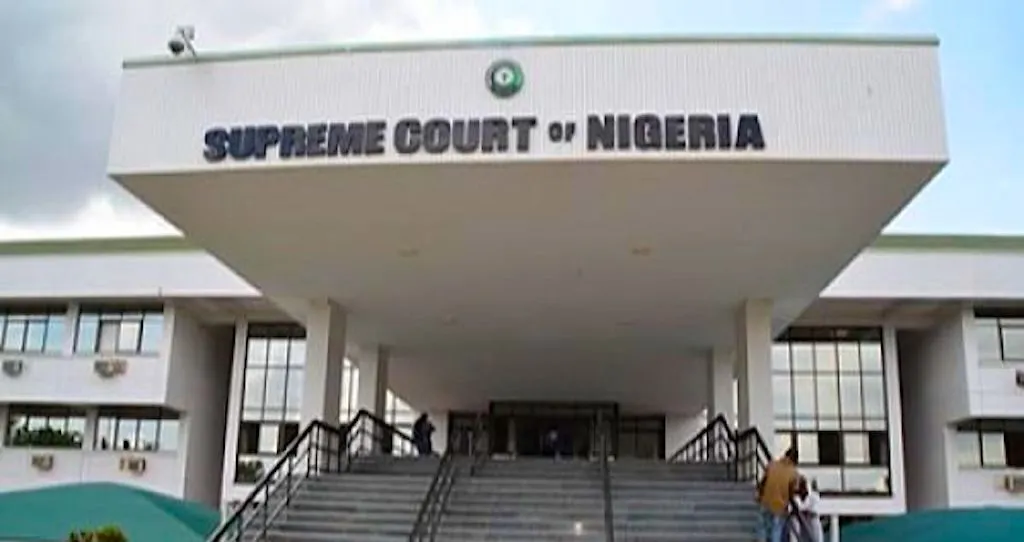



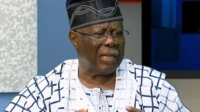
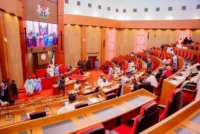

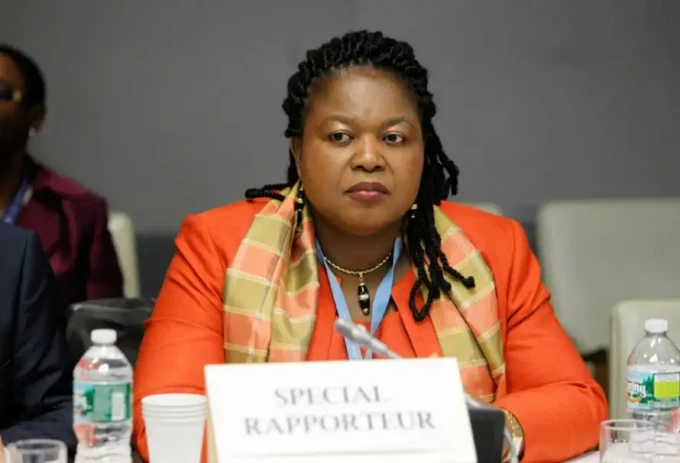
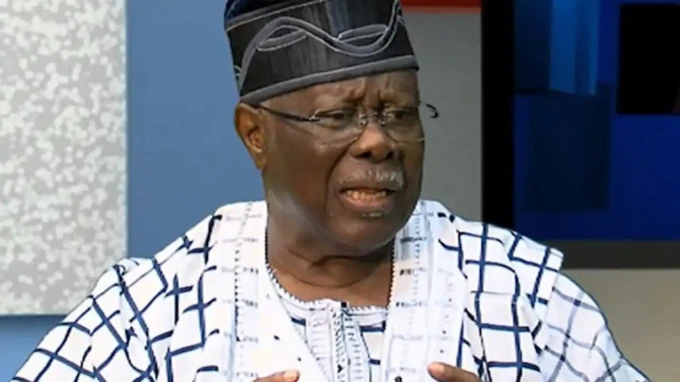

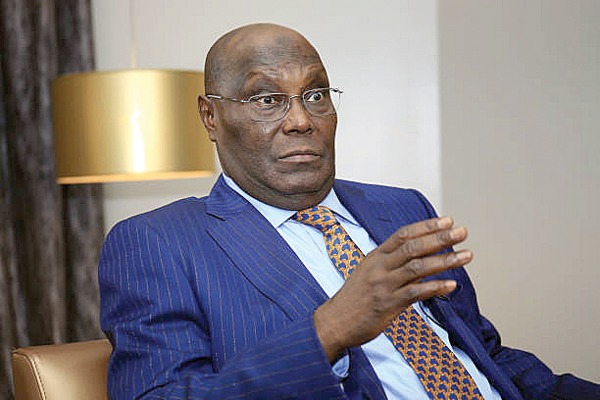
I dont get why people are celebrating, the EFCC Act is flawed and needs serious reform. #ControversialOpinion #EFCCActDebate
I dont get why everyone is celebrating this EFCC Act ruling. I think its a slippery slope to giving too much power to the government.
Better the EFCC than letting corruption run rampant. Trust the system.
I think the EFCC Act is a necessary evil. Its like having a strict parent – annoying but keeps you in line.
EFCC Act is vital for accountability and combating corruption, not just an annoyance.
I think the Supreme Court made the right call. EFCC needs all the power it can get to fight corruption!
I think the EFCC Act gives too much power to the government. Its a slippery slope to potential abuse.
I think the EFCC Act is a necessary evil. It may be controversial, but sometimes tough measures are needed to combat corruption.
I dont get why people are celebrating this. EFCC Act is a joke. Its just a tool for political witch hunts.
I dont understand why people are celebrating this decision. I think the EFCC Act infringes on civil liberties. #ControversialOpinion
I cant believe the Supreme Court actually upheld the EFCC Act. Dont they realize the potential for abuse of power? #ControversialOpinion
Wow, so the Supreme Court says EFCC Act is legal? Interesting, wonder how this will impact corruption cases. Thoughts?
Im not convinced. The EFCC Act needs serious overhaul. Lets not settle for a flawed system. Time for change!
Interesting ruling, but do we really trust the EFCC to always act in the best interest of the people? Food for thought.
Interesting decision, but does it really strengthen anti-corruption efforts or just add more legal complexities?
Wow, I cant believe some are still questioning the EFCC Acts validity. Its a crucial tool in fighting corruption!
Interesting ruling, but I cant help but wonder about the implications for civil liberties. What do you guys think?
Wow, cant believe the Supreme Court ruled in favor of EFCC Act! Do you think this will lead to more effective anti-corruption efforts?
Wow, I never knew EFCC Act was so controversial! Do you think this Supreme Court ruling will impact corruption in Nigeria?
Interesting ruling by the Supreme Court. Do you think this will strengthen the fight against corruption or just complicate matters further?